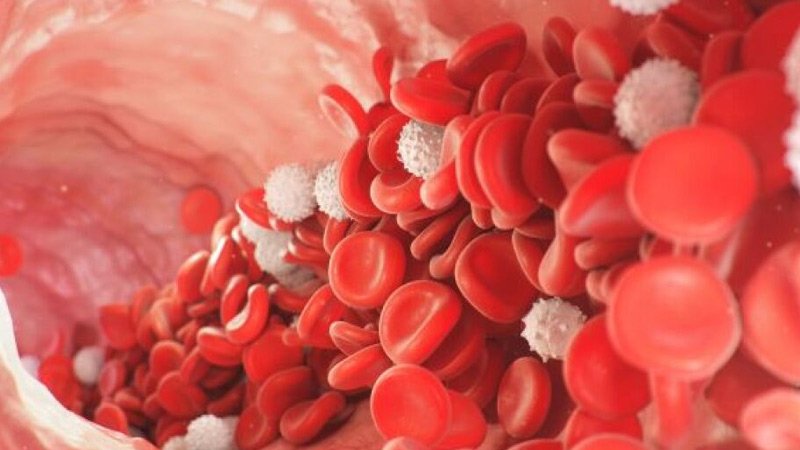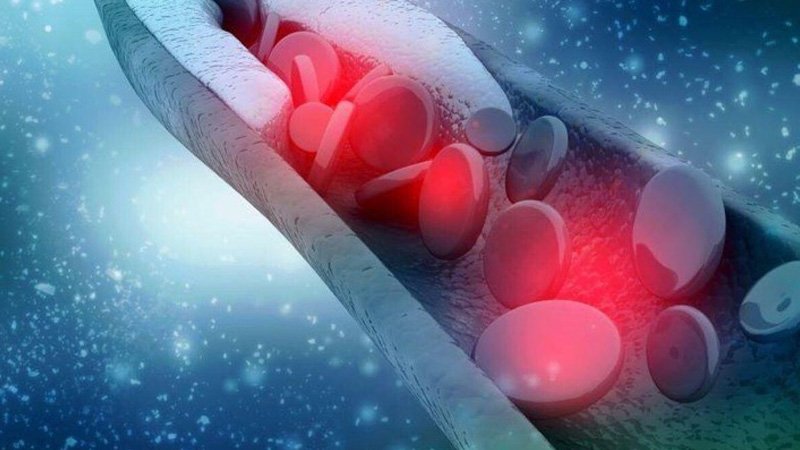Recent research by News Medical, Flinders University, and global experts has advanced our understanding of vaccine-induced immune thrombocytopenia and thrombosis (VITT). First identified during the peak of the COVID-19 pandemic in 2021, VITT was linked to adenovirus vector-based vaccines, notably the Oxford-AstraZeneca vaccine.
The condition is caused by a dangerous blood autoantibody targeting a protein called platelet factor 4 (PF4). In separate 2023 research, scientists from Canada, North America, Germany, and Italy described a similar disorder, with the same PF4 antibody, occurring after natural adenovirus (common cold) infections. Some cases were fatal.
In 2022, Flinders University researchers Dr. Jing Jing Wang and Professor Tom Gordon, Head of Immunology at SA Pathology in South Australia, deciphered the molecular code of the PF4 antibody and identified a genetic risk factor associated with an antibody gene called IGLV3.21*02.
Now, collaborating with international researchers, the Flinders team has discovered that PF4 antibodies in both adenoviruses infection-associated VITT and vaccine-associated VITT share identical molecular signatures.
“This research, utilizing a novel approach developed at Flinders University to target blood antibodies, reveals a common trigger in virus and vaccine structures that initiates the pathological PF4 antibodies,” explains Professor Gordon.
“The pathways of lethal antibody production in these disorders appear virtually identical and have similar genetic risk factors. Our findings suggest that insights from VITT apply to rare blood clotting cases following natural adenovirus infections and have significant implications for vaccine development,” he adds.
The findings, published in the New England Journal of Medicine, are expected to influence future vaccine development. Dr. Wang, the first author of the study, highlights the importance of these discoveries for improving vaccine safety and efficacy. told by SciTech Daily
Funding and Support
The research received support from the German Research Foundation (Deutsche Forschungsgemeinschaft) and a European Medicines Agency service contract. Dr. Schönborn was funded by the ASH Global Research Award from the American Society of Hematology and the Gerhard Domagk Research Program through the Medical University of Greifswald. Dr. Wang was supported by a Flinders Foundation Health Seed Grant.





